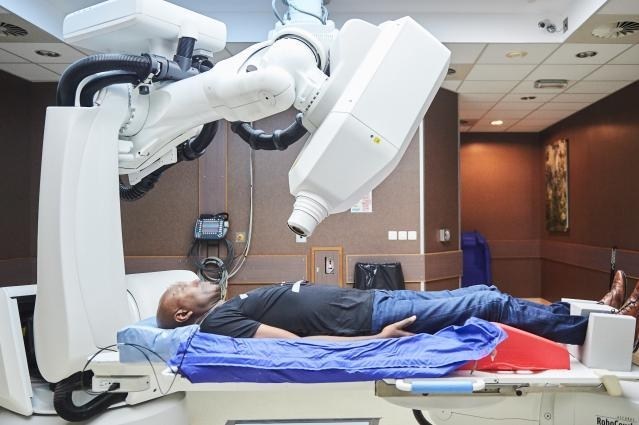On the occasion of World Cancer Day on Friday, the European Commission is taking the first step by launching an EU wide public consultation on Europe’s Beating Cancer Plan.
Every year, 3.5 million persons are diagnosed with cancer in the EU. It is a serious health issue that will directly affect 40% of EU citizens with important impacts on the European health systems and economies, according to the Commission.
On the positive side, between 30-50% of all cancer cases are preventable. Cancer prevention requires smoking cessation, increased ingestion of fruits and vegetables, moderate use of alcohol, caloric restriction, and exercise. Prevention offers the most cost-effective long-term strategy for the control of cancer.
Cancer treatment and care involve a very wide range of treatment modalities, spanning a large number of medical disciplines.
These notably include: cancer surgery, radiation therapy, interventional oncology, chemotherapy, nuclear therapy, immunotherapy, hormonal therapy, targeted therapy; primary care, specialist oncology nursing, oncology pharmacy; and psycho-oncology, supportive care and palliative care.
In a statement yesterday (3 February), WHO/Europe's Regional Director, Dr Hans Henri P. Kluge, took the opportunity to underscore the impact the COVID-19 pandemic has had over the past two years on people with cancer.
“The way in which the pandemic delays cancer care and creates service backlogs is a deadly interplay,” he said. The impact of COVID-19 goes far beyond the disease itself. “Cancer touches all our lives, either directly or through its effect on family and loved ones."
Looking back over the past two years, cancer screening, diagnosis and treatment have suffered in an unprecedented way as health services have struggled to respond to COVID-19, he said and gave a few examples.
During the early stages of the pandemic, the diagnosis of invasive tumors fell by 44% in Belgium; in Italy, colorectal screenings decreased by 46% between 2019 and 2020; in Spain, the number of cancers diagnosed in 2020 was 34% lower than expected. in the last quarter of 2021, there was a disruption in cancer care – screening and treatment – of between 5-to-50% in all countries reporting.
He underlined that maintenance of essential health services, including services along the continuum of cancer care – from prevention, early detection, diagnosis, treatment and palliative care – must be a component of emergency planning and response.
To mark World Cancer Day, WHO is publishing a new guide on cancer screening, summarizing evidence and ethics, and addressing misconceptions.
The Brussels Times

